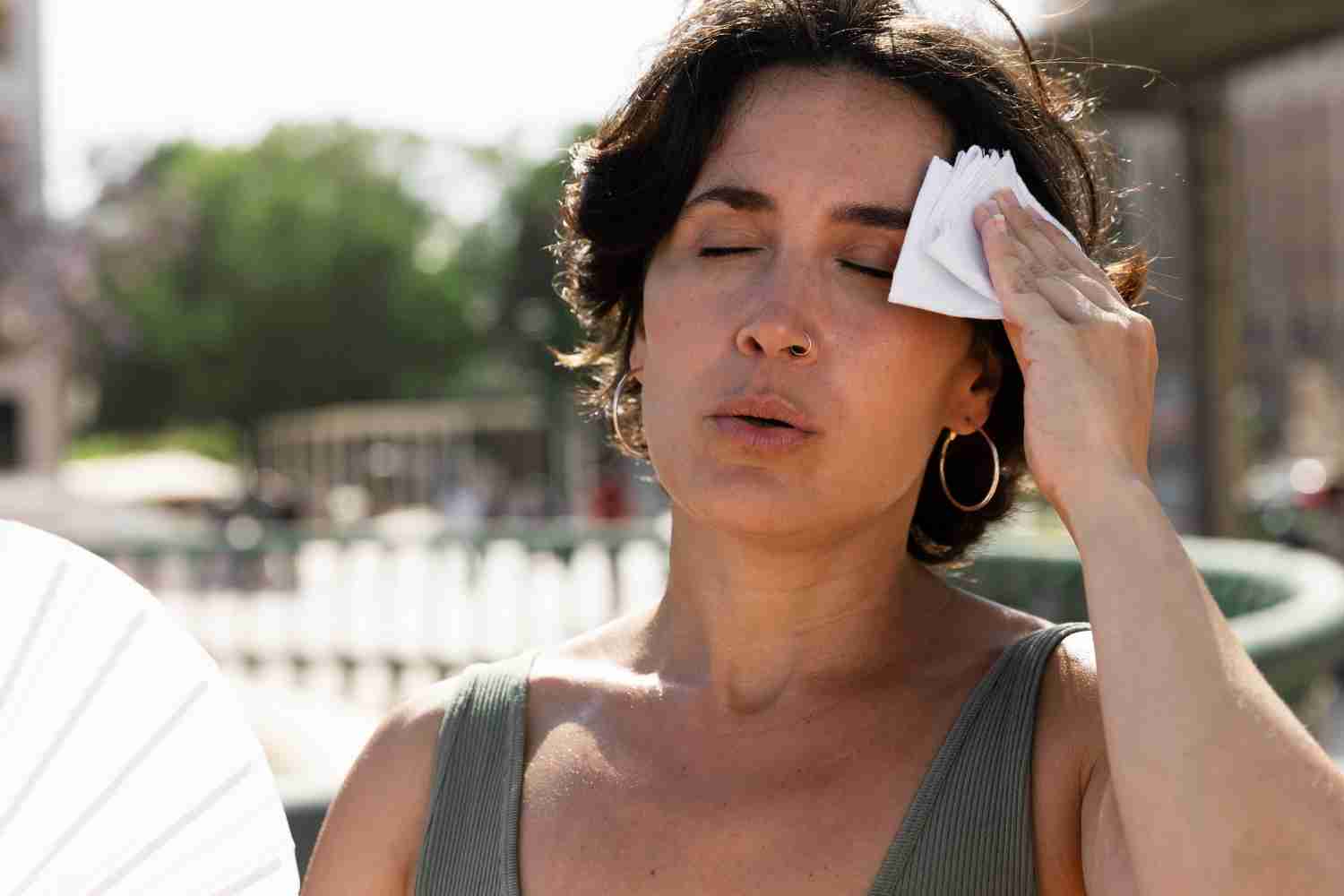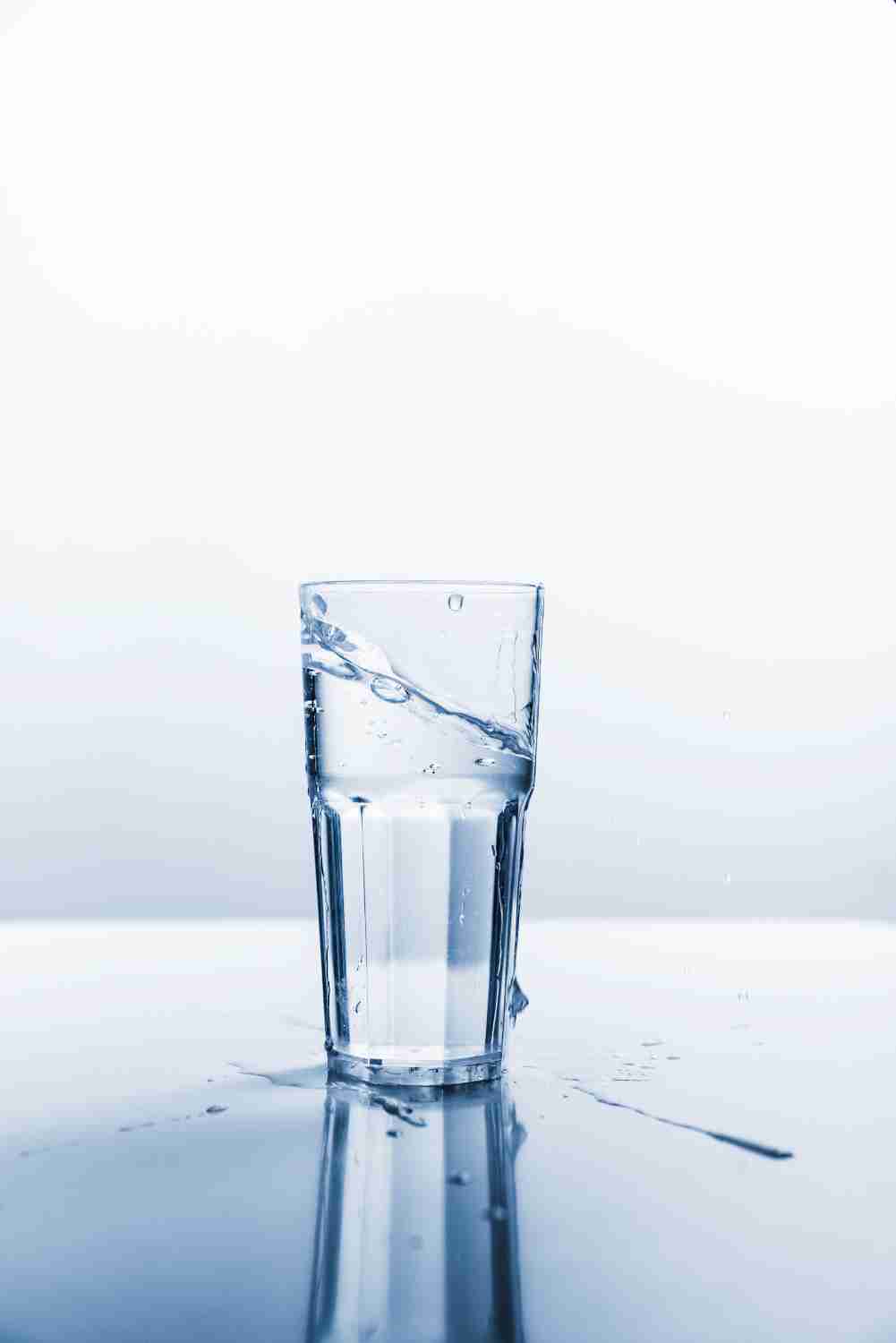Summer is the perfect time for outdoor activities and gatherings, but the intense heat can also bring unexpected health problems. Hours in the sun can leave you feeling dizzy, exhausted, or even dangerously dehydrated. High temperatures and humidity also create the perfect environment for foodborne illnesses, skin infections, and respiratory issues.
The good news? A few precautions can go a long way. Recognizing early warning signs and taking preventive steps can help you enjoy the season without any health setbacks. Let’s dive into some of the most common summer illnesses, their symptoms, and how you can protect yourself.

Hot weather can lead to serious health issues like heat exhaustion, dehydration, and sunstroke if precautions aren’t taken.
Heat exhaustion occurs when the body overheats due to excessive loss of fluids and electrolytes. This usually happens with prolonged exposure to high temperatures, where the body struggles to cool itself. If left untreated, heat exhaustion can lead to heatstroke, a potentially life-threatening condition.
Symptoms:

Heat exhaustion often strikes after prolonged exposure to high temperatures and can lead to fainting or heatstroke.
Dehydration happens when the body loses more fluids than it takes in. It's not just about water loss—essential minerals like sodium and potassium are also depleted, leading to muscle weakness and impaired nerve function.
Symptoms:
3. Heatstroke
Heatstroke is a medical emergency that occurs when the body temperature rises above 40°C (104°F) and the body’s cooling mechanisms fail. Immediate treatment is essential to avoid complications like organ damage or even death.
Symptoms:
Warm temperatures promote the rapid growth of bacteria in food, increasing the risk of food poisoning during summer. Eating contaminated or improperly stored food can cause gastrointestinal infections.
Common Causes:
Symptoms:
Heat and humidity are breeding grounds for bacteria, fungi, and viruses on the skin. Excess sweat and friction can weaken the skin’s barrier, allowing infections to develop more easily.
Causes:
Symptoms:
Stagnant water and humid weather help mosquitoes breed, raising the risk of diseases like dengue, malaria, and chikungunya.
Causes & Carriers:
Symptoms:

The body loses vital fluids and minerals in the heat, making hydration essential.
1. Stay Hydrated:
Drink water regularly—even before you feel thirsty. Avoid sugary, caffeinated, or alcoholic drinks, as they may contribute to dehydration.
2. Wear Light, Breathable Clothing:
Choose loose, light-colored clothes made from cotton or other natural fabrics to allow airflow and prevent heat buildup.
3. Use Sunscreen and Protective Gear:
Apply broad-spectrum sunscreen (SPF 30 or higher), and reapply every 2 hours or after sweating/swimming. Add a wide-brimmed hat and sunglasses for extra protection.
4. Avoid Peak Sun Hours:
Try to stay indoors between 10 a.m. and 4 p.m., when the sun is at its strongest. If you’re outdoors, take breaks in the shade.
5. Cool Down Regularly:
Take cool showers or baths. Use fans, misting bottles, or cooling towels to lower your body temperature.
6. Eat Light and Refreshing Meals:
Choose foods with high water content, like watermelon, cucumber, and citrus fruits. Avoid heavy, greasy meals that raise body heat.
7. Limit Strenuous Activities:
Exercise early in the morning or after sunset. Rest immediately if you feel dizzy or overheated.
8. Maintain a Cool Indoor Environment:
Use fans or air conditioning. Keep curtains closed during the day to block direct sunlight. Visit air-conditioned public places if needed.
9. Protect Against Insects:
Use mosquito repellents (DEET-based or natural alternatives), sleep under nets if needed, and avoid areas with standing water.
By taking these steps, you can reduce your risk of heat-related illnesses and enjoy summer to its fullest—without putting your health on the line.
We offer expert care across key specialties, including Medicine, Cardiology, Orthopaedics, ENT, Gynaecology, and more—delivering trusted treatment under one roof.
Prakash Hospital Pvt. Ltd. is a 100 bedded NABH NABL accredited multispecialty hospital along with a center of trauma and orthopedics. We are in the service of society since 2001.
OUR SPECIALITIES
Contact Us
D – 12A, 12B, Sector-33, G. B. Nagar, Noida, Uttar Pradesh 201301
+91-8826000033

© 2026 All rights reserved.
Designed and Developed by Zarle Infotech